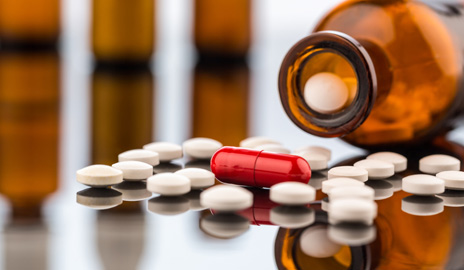Vitamin D deficiency and calcium

Vitamin D deficiency and calcium problem must be fixed to help in the maintenance of good health of the bones
Vitamin D deficiency and calcium: Why it is good for your health?
The importance of vitamin D and calcium is an open secret to everybody. These are powerful food nutrient that impacts positively on bone health. Several research findings have supported this. Besides that, the food industry has heavily invested in marketing the benefits of products fortified with Vitamin D and calcium. And to us as AWAREmed Health and Wellness Resource Center under the leadership of doctor Dalal Akoury MD we want to help you further appreciate the benefit of these nutrients. If you’re unaware of the many health issues are affected by a vitamin D deficiency? You’re just in time to have your health rejuvenated. I know that many people don’t check their nutrients level regularly but for this one, you should because Vitamin D deficiency has been linked with many conditions, like obesity, bone health, immune dysfunction, cancer, heart disease, depression, stress, and fatigue.
In one of the studies, it was established that low Vitamin D levels were associated with a higher ROMA score, which can indicate risk in obese women for developing ovarian cancer. Recently a randomized controlled trial established that supplementing with Vitamin D and calcium can reduce the risk of all cancers in postmenopausal women. Meaning that with sufficient vitamin D and calcium, you can protect yourself from common illnesses like colds and flu and also have reduced risk of acute respiratory infection.
Vitamin D deficiency and calcium: Improving on the level of vitamin D
With the numerous evidence of the benefits of Vitamin D, it is only necessary that you get your levels tested. It may interest you to note that in 2009 a study found that nearly ¾ of Americans had insufficient Vitamin D levels. This can be corrected easily by:
Get Tested. This will help you understand whether or not you have a problem. You won’t know if you need more Vitamin D if your levels aren’t tested regularly. It is ideal that testing of Vitamin D levels is done twice annually.
Enjoy the Sunshine. This may contradict your advice on skincare about the melanoma, nonetheless, just 5 to 20 minutes of natural sunlight can produce the Vitamin D your body needs. This should be done during friendly sunshine hours preferably during early morning or late afternoon.
Don’t underestimate your need. The recommended daily intake (DRI) of Vitamin D is generally far lower than what people actually need. If your levels are low, discuss the appropriate dosage with your health care practitioner to get you back where you need to be.
Consider supplementing. Daily sunlight is a great way to boost your Vitamin D, but it just might not be enough. Researchers suggest that supplementing with 2000 IU of D3 daily is a great way to protect your health.
Eat a balanced diet, rich in whole foods. It can be difficult to get sufficient Vitamin D from food, but a well-balanced diet is always important. Fatty fish – salmon, mackerel, and sardines – is the best natural food source of vitamin D. You can get some from egg yolks, organ meats, and fortified organic milk and dairy products, but it’s unlikely that those foods will be enough on their own. All these are essential in keeping your health and must be embraced. You can always seek for more information by scheduling an appointment with doctor Akoury for professional input.
Vitamin D deficiency and calcium: Why it is good for your health?
http://regenerativepotential.com/wp-admin








